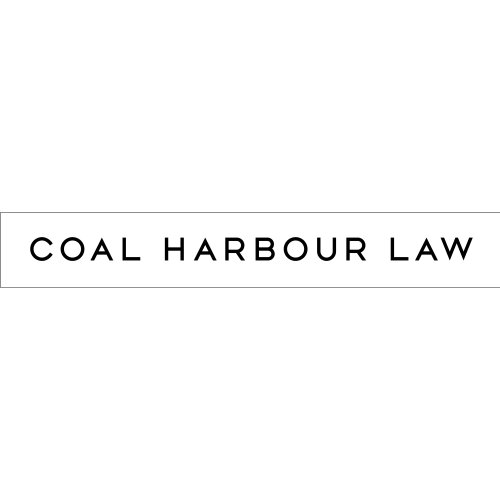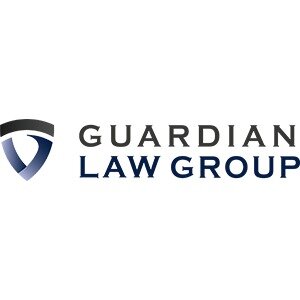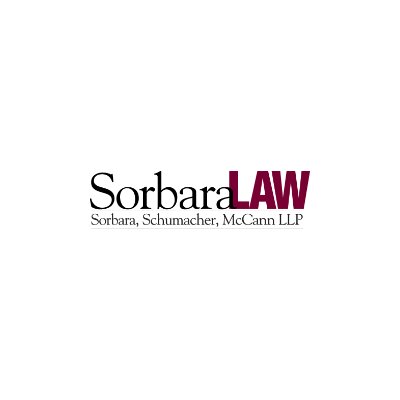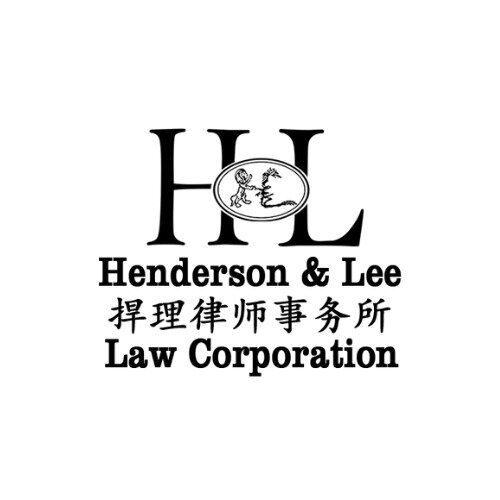Best Antitrust Litigation Lawyers in Canada
Share your needs with us, get contacted by law firms.
Free. Takes 2 min.
Or refine your search by selecting a city:
List of the best lawyers in Canada
Canada Antitrust Litigation Legal Articles
Browse our 1 legal article about Antitrust Litigation in Canada written by expert lawyers.
- Canada Competition Act Updates: Risks for Foreign Investors
- Lower Intervention Thresholds: The Competition Bureau can now challenge mergers that significantly lessen competition even if they do not create a total monopoly. Global Revenue Penalties: Violations may result in administrative monetary penalties (AMPs) of up to 10% of a company's worldwide gross revenue or three times the benefit derived... Read more →
About Antitrust Litigation Law in Canada
Antitrust litigation in Canada involves legal actions related to the enforcement and interpretation of laws designed to promote fair competition and prevent anti-competitive practices in the marketplace. Canadian antitrust law is commonly referred to as competition law. It is primarily governed by the Competition Act, which is enforced by the Competition Bureau, an independent law enforcement agency. Antitrust litigation can arise in both civil and criminal courts, addressing activities such as price-fixing, bid-rigging, abuse of dominant market positions, mergers that lessen competition, and deceptive marketing practices.
Why You May Need a Lawyer
Individuals and businesses may require a lawyer’s assistance in antitrust matters for a variety of reasons. If you are facing an investigation or allegations related to anti-competitive conduct, legal representation can help protect your interests and ensure procedural fairness. Businesses involved in mergers or acquisitions may need advice on compliance with the Competition Act. Victims of anti-competitive behavior, such as predatory pricing or exclusionary tactics, may pursue civil litigation to recover damages or seek an injunction. Even if you are merely seeking to ensure compliance with competition laws during routine business operations, legal guidance can help avoid costly disputes and penalties.
Local Laws Overview
Canadian antitrust law centers around the Competition Act. The Act prohibits a range of anti-competitive actions, including price-fixing, bid-rigging, price maintenance, and misleading advertising. Certain offenses, such as conspiracies to fix prices or rig bids, are criminal in nature and can result in significant fines and imprisonment. Other violations, like abuse of dominant market position, are addressed through civil procedures which can result in orders to change business practices as well as administrative penalties. The Competition Tribunal, a specialized administrative body, hears many civil competition matters. The law applies to all Canadian businesses, regardless of their size, and can also apply to foreign entities doing business in Canada.
Frequently Asked Questions
What is considered anti-competitive behavior under Canadian law?
Anti-competitive behavior generally includes activities such as price-fixing, bid-rigging, market allocation, abuse of dominant position, predatory pricing, exclusive dealing, and other conduct that limits competition or harms consumers or competitors.
Who enforces antitrust laws in Canada?
The Competition Bureau is responsible for investigating and enforcing the Competition Act. The Public Prosecution Service of Canada handles criminal prosecutions, while the Competition Tribunal adjudicates civil antitrust matters.
What penalties can result from violating Canadian antitrust laws?
Penalties may include substantial fines, prison sentences for individuals, orders to cease certain business practices, payments of damages, and loss of profits gained from illegal activities.
Can private parties sue for damages related to antitrust violations?
Yes, individuals and businesses affected by anti-competitive conduct may bring private actions in court to seek damages suffered as a result of such violations.
Are mergers and acquisitions regulated by antitrust laws?
Yes, certain mergers and acquisitions must be notified to the Competition Bureau if they meet defined thresholds, and the Bureau can challenge or block transactions that are likely to lessen or prevent competition substantially.
What is the process for a Competition Bureau investigation?
The Bureau can initiate an investigation on its own or in response to complaints. It has broad powers to collect evidence through interviews, searches, and subpoenas. Investigations may result in negotiations, settlements, or legal actions.
How long do antitrust investigations or lawsuits typically take?
Timelines vary depending on complexity. Some investigations may resolve within months, while others, especially those involving litigation, can take several years.
Is it possible to resolve antitrust matters without going to court?
Yes, the Competition Bureau may negotiate with parties to reach a consent agreement, which is a settlement that resolves concerns without a formal trial.
Are there any exemptions to Canadian antitrust laws?
Yes, certain exemptions apply, such as those for collective bargaining by employees or agreements authorized by other legislation. However, exemptions are limited and must be carefully evaluated.
What should I do if I receive a request for information or a subpoena from the Competition Bureau?
It is important to consult a lawyer immediately. Responding appropriately and legally is essential to protect your rights and ensure compliance with the law.
Additional Resources
If you are looking for more information or assistance regarding antitrust litigation in Canada, consider the following resources:
- The Competition Bureau - The federal agency responsible for enforcing the Competition Act
- The Competition Tribunal - Specialized tribunal that adjudicates certain matters under the Competition Act
- Canadian Bar Association - Section on Competition Law, offering educational materials and lawyer directories
- Public Prosecution Service of Canada - Handles criminal prosecutions under the Competition Act
- Provincial law societies - For lawyer referrals and information about legal services in your province
Next Steps
If you need legal help with an antitrust issue, start by documenting all relevant facts, including any communication, agreements, and business activities related to your situation. Consult with a lawyer who specializes in competition or antitrust law as soon as possible to discuss your options and protect your interests. You can contact provincial law societies for lawyer referrals or reach out directly to legal firms with expertise in this field. If you have been contacted by the Competition Bureau or are facing an investigation, do not respond or provide information before getting legal advice. Early intervention by a qualified lawyer can make a significant difference in the outcome of your case.
Lawzana helps you find the best lawyers and law firms in Canada through a curated and pre-screened list of qualified legal professionals. Our platform offers rankings and detailed profiles of attorneys and law firms, allowing you to compare based on practice areas, including Antitrust Litigation, experience, and client feedback.
Each profile includes a description of the firm's areas of practice, client reviews, team members and partners, year of establishment, spoken languages, office locations, contact information, social media presence, and any published articles or resources. Most firms on our platform speak English and are experienced in both local and international legal matters.
Get a quote from top-rated law firms in Canada — quickly, securely, and without unnecessary hassle.
Disclaimer:
The information provided on this page is for general informational purposes only and does not constitute legal advice. While we strive to ensure the accuracy and relevance of the content, legal information may change over time, and interpretations of the law can vary. You should always consult with a qualified legal professional for advice specific to your situation.
We disclaim all liability for actions taken or not taken based on the content of this page. If you believe any information is incorrect or outdated, please contact us, and we will review and update it where appropriate.
Browse antitrust litigation law firms by city in Canada
Refine your search by selecting a city.

















